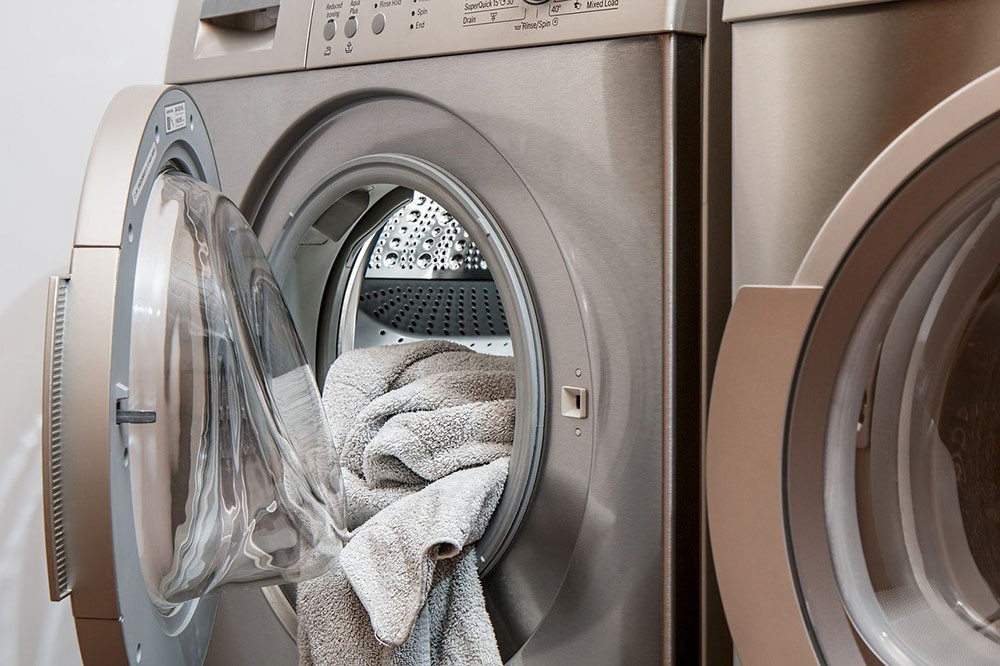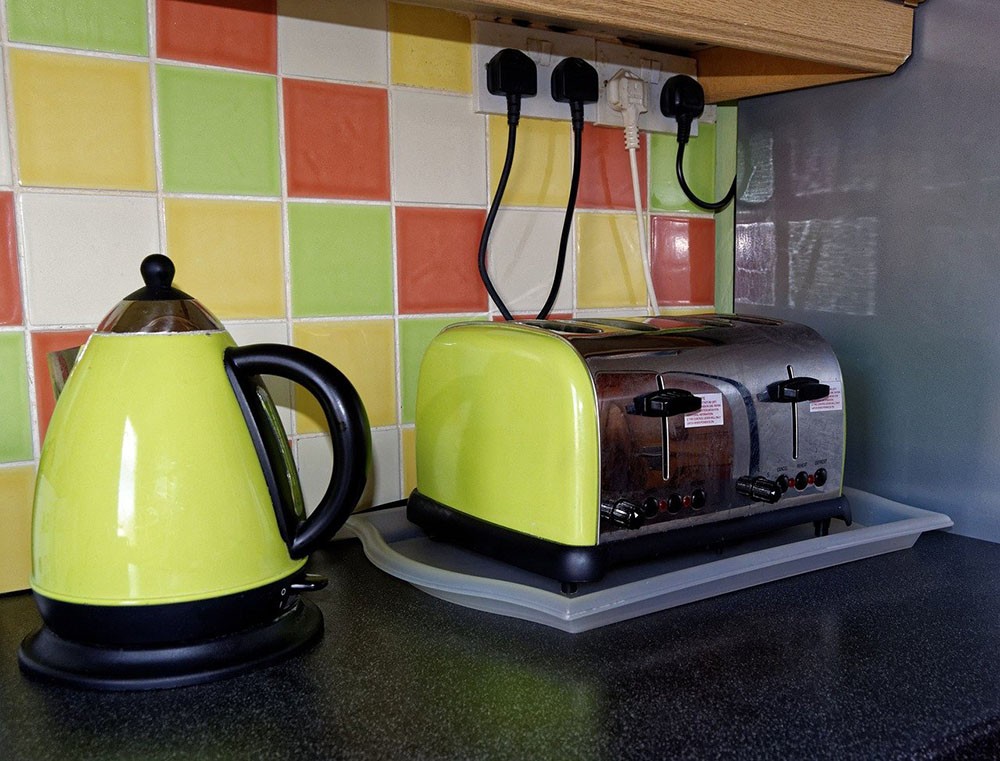
A €210m Scheme has been approved by Cabinet to credit all domestic electricity customers with €100 in 2022.
Approximately 2.1 million domestic electricity account holders will benefit from the scheme for a one-off, exceptional payment to their electricity accounts. This is one of a range of measures to mitigate the impact of rising energy costs.
Primary and secondary legislation will be required to underpin the scheme.
The proposed mechanism is as follows:
The Minister for the Environment, Climate and Communications, with the consent of the Minister for Public Expenditure and Reform, will establish, by way of regulations, the scheme to be known as the Electricity Costs Emergency Benefit Scheme following the passage of primary legislation through the Oireachtas in the new year.
The regulations will provide for the payment by individual electricity suppliers of the €100 benefit to the bills of their domestic customers (referred to in the Heads of Bill as domestic electricity account holders).
The scheme will be operated by the Distribution System Operator (ESB Networks) by virtue of its existing interface with all electricity suppliers. ESB Networks will make payments to the individual energy suppliers.
The Commission for the Regulation of Utilities (CRU) will be charged with oversight of the scheme.
The scheme will apply to all domestic accounts, including pay as you go customers. The exact mechanism as to how the payment will be applied is currently being finalised and will be announced in the new year. However, it will be automatic and will apply to all customers. People will not need to apply for it.
Minister for the Environment, Climate and Communications, Eamon Ryan TD, said: “The Government is very conscious that international energy prices are having a significant effect on utility bills. While we took measures in the Budget to support vulnerable groups, this credit is designed to provide all householders with a contribution to their electricity bills in the spring of 2022. In the long term, the way to reduce our dependence on internationally traded fossil fuels is to expand our own indigenous supply of renewable power. We are working towards having up to 80% of our electricity from renewables by 2030.”
The most immediate factor affecting electricity prices in Ireland is the upward trend in international gas prices. In Europe, wholesale natural gas prices have been on an upward curve since the second half of 2020. This feeds directly through to retail electricity prices, as the wholesale price of electricity correlates strongly with the price of gas.
This new scheme is part of a package of budget interventions that are in line with measures put forward in the European Commission’s ‘Toolbox’ of interventions – “Tackling rising energy prices: a toolbox for action and support” – published in October. The Toolbox sets out the measures available to Member States to mitigate the impact of energy price rises, which, at the same time, do not cut across EU energy law or the EU’s longer term policy framework for the green transition.
Supports for households
Increasing energy costs are a significant driver of rising costs of living. The Government has primarily used the tax and social welfare system as the response to tackling the impact on households.
Budget 2022 increased the weekly rate of the Fuel Allowance by €5. There were also increases to the Qualified Child Payment, the Living Alone Allowance and to the income threshold for the Working Family Payment. The total cost of these interventions is projected at €146m in 2022. This will be funded by the additional carbon tax funds of €105m that have been allocated to the Department of Social Protection, with the remaining €41m cost met by the Exchequer. This is in addition to adjustments to basic welfare and pension rates. Adjustments to income tax bands have also been introduced primarily to cater for the cost of living increases driven, in part, by energy prices.
The position of successive Governments has been that competitive energy markets result in greater choice for consumers, in terms of suppliers, products and prices. Data from approved price comparison sites shows that consumers can make significant savings by switching or engaging with energy suppliers. Many households could save on their bills if they did so. As recently as the 9th December, switching supplier could save a customer, consuming the average amount of electricity, up to €313.
